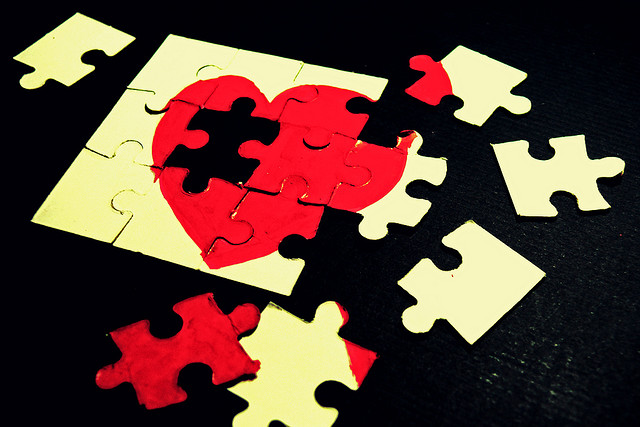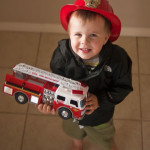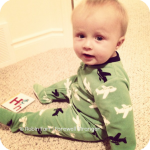In the dark of his room, after much wiggling and whirring, he gets quiet. Then there’s a small voice in the darkness next to me.
“Do you know what Ryan said?”
“What?” I ask.
He is quiet for a while.
Then, “He said I was a dumb puzzle maker.”
This is not what I expected him to say.
I’m overwhelmed by so many emotions – surprise, anger, but mostly sadness. Why does this have to start so early?
He lamented shortly after starting at this new preschool last month that he didn’t have any friends. We had a good talk about that and he has overcome it and I think he feels he has some friends there now. Evidently Ryan isn’t one of them.
He has described this puzzle to me – it’s a new one, featuring crocodiles and snakes and a striped tortoise. He quite likes it.
“Why did he say that to you?” I ask, as my brain jumps ahead to an appropriately motherly response to this confession.
“Because I didn’t know where all the pieces went.”
He’s three. And he’s actually quite good at puzzles. (And here’s where I attempt to repress my inappropriately motherly comment about how apparently he’s not good enough by Ryan’s standards.)
We talk about it. Yes, it hurt his feelings. No, he didn’t say anything in response. He was nervous. It made him sad.
It makes me sad too.
I offer suggestions about how he can deal with this type of situation. Remind him he’s good at lots of things and he can remember that even when someone else says something mean. Offer over-his-head suggestions about why people say things like that to others.
It all sounds hollow. Insufficient. A stretch.
What I really want to say is, “It breaks my heart to know that someone said something to you that made you sad. I want to protect you from that so you never have to feel that way again.”
But I can’t, so I don’t.
“Can we keep talking about this?” he asks. His voice is small.
Of course we can, I tell him.
Even though I don’t know what else to say.


















